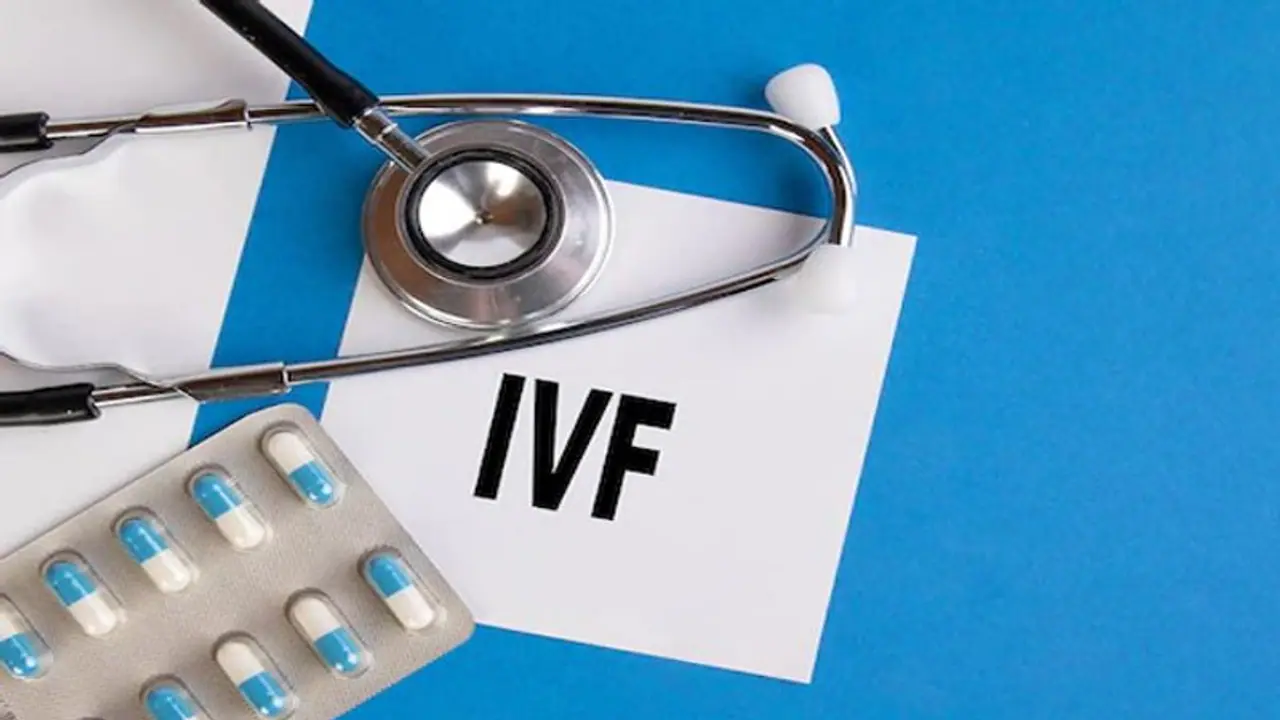The most significant advancement in the field of infertility therapy came with the birth of Louise Brown in England on July 25, 1978. Scientists and doctors from across the world have been working feverishly to develop ways to overcome infertility challenges.

The largest advancement in the field of infertility therapy came with the birth of Louise Brown in England on July 25, 1978. After years of work by Robert Edwards, Dr. Patrick Steptoe, and their team, Louise Brown became the first child ever to be born in the world following a successful IVF procedure.
More than eight million children have been born during the past 42 years using a variety of "Assisted Reproductive Techniques," including IVF and other cutting-edge methods that have been developed. The 25th of July is recognised as World Reproductive Medicine Day to honour the biggest advancement in this profession.
Also Read: Avoid these 5 things that can hurt your partner
What is 'In Vitro Fertilisation' (IVF):
One of the most crucial steps to conception is the fusion of sperm and egg, but several things might prevent this from happening naturally, which can result in infertility. IVF, popularly known as a "test tube baby," is an assisted reproductive technique in which the male sperm and female eggs are fertilised outside of the body in a laboratory dish. One or more of these fertilised eggs are subsequently implanted in the woman's womb, where they can develop and attach to the uterine lining.
It is one of the most often used ART treatments and is used to treat infertility brought on by a variety of conditions, including endometriosis, blocked fallopian tubes, and infertility in cases when the underlying cause of the condition is unknown.
7 tips to boost your chances of IVF success
Quit smoking:
Smoking has an impact on sperm and egg quality. It significantly reduces the likelihood of IVF fertilisation. It is feasible to stop smoking for good if you have the support of family and friends.
Also Read: Monkeypox: Know how to prevent your kid from getting infected
Sleep and eat well:
For at least two weeks before the IVF appointment, your sleep pattern should be consistent. Make sure you get at least eight hours of sleep every night by going to bed early. The melatonin levels in your body may be regulated as you sleep, which will enhance both your physical and mental health. On the other hand, some studies have demonstrated that women who consume a diet high in saturated fats, such as those found in butter and red meat, produce fewer eggs that are healthy enough to be used in fertility therapy. Consequently, incorporate them into your IVF success tips diet.
Meditation and stress reduction:
Stress hurts the reproductive system and lowers IVF success rates. It's common to worry about how well fertility therapy is going, but you also need to make time each day to relax. Meditation that incorporates mild breathing methods may significantly lower stress and improve the way your body functions.
Avoid Low Glycemic Index Foods
The glycemic index (GI) is a classification system for foods based on how quickly the body breaks them down. The slower they are digested, the lower their GI, guaranteeing a gradual but constant flow of energy. This is essential for lowering weight and preserving appropriate blood glucose levels. Some of the items in this category are legumes, whole grains, low-fat dairy products, broccoli, sweet potatoes, and mushrooms. Processed foods, along with the oils and carbohydrates they are accompanied with, have a high GI and are harmful to the body. They exacerbate inflammation, alter bodily hormone levels, and impair the immune system.
Avoid Alcohol and Caffeine:
Alcohol should be avoided at all costs since it is a teratogen (a substance or factor that causes abnormalities in the foetus) and has a significant negative impact on the foetus' development. Smoking is another item on the list of things to avoid. Before beginning IVF procedures, discuss your addiction with your doctor. The growing foetus is also discovered to be negatively impacted by caffeine. During pregnancy, you shouldn't take more than 200mg each day. It is preferable to stay away from it throughout and after your IVF procedure.
Study and do your homework
The key to increasing your chances of becoming pregnant is choosing a good IVF clinic or centre and also a good doctor. Clinics vary based on the expertise of their technicians, the environment in which the embryo develops, etc.
- Make a list of IVF centres and research each one before Choosing one by learning the following information:
- Pregnancy rate per transfer of an embryo
- Rates of pregnancy for couples your age who have a fertility issue
- The clinic's accreditation and the doctors' board certification
- The procedure's cost
- How long embryos may be kept in storage
- How many pregnancies end successfully are twins or have multiple births?
Avoid Excessive Exercise:
Strenuous exercise can lower women's fertility levels and their rates of conception, even though exercise is essential for maintaining good health. Additionally, pregnancy loss and implantation failure are twice as likely to occur after vigorous activity. So, be gentle around your IVF operations and choose low-intensity activities like swimming, yoga, or strolling.
